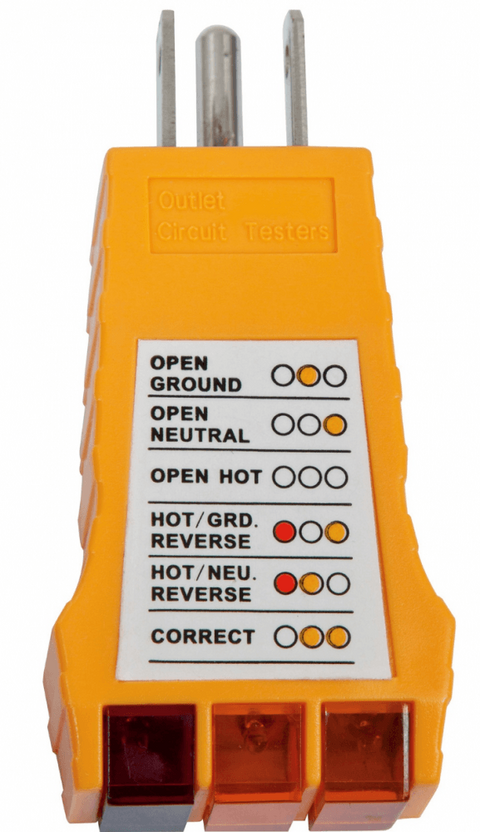Stevens R. Miller
Well-Known Member
I'm working with a local community theater group. We've rented a middle school auditorium for our show. Last night was our first tech rehearsal in the space. We brought our own audio mixer. Setting up, we found two pairs of AC sockets. One had a sticker on it that said, "For Harmony Middle School Audio Only." Dutifully, we plugged into the other one.
Well, we had a nasty hum, even when all of our inputs were muted and all of our faders were down. After trying everything else we could think of, we unplugged from the socket we had used and plugged into the one "For Harmony Middle School Audio Only." The hum went away (not entirely, but almost).
What could be different about two AC sockets that would cause one to cure the hum the other allowed?
Well, we had a nasty hum, even when all of our inputs were muted and all of our faders were down. After trying everything else we could think of, we unplugged from the socket we had used and plugged into the one "For Harmony Middle School Audio Only." The hum went away (not entirely, but almost).
What could be different about two AC sockets that would cause one to cure the hum the other allowed?





